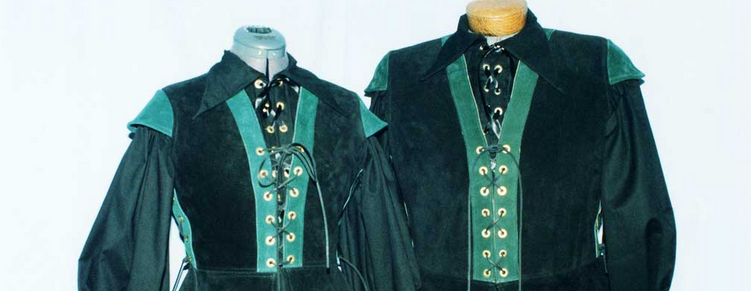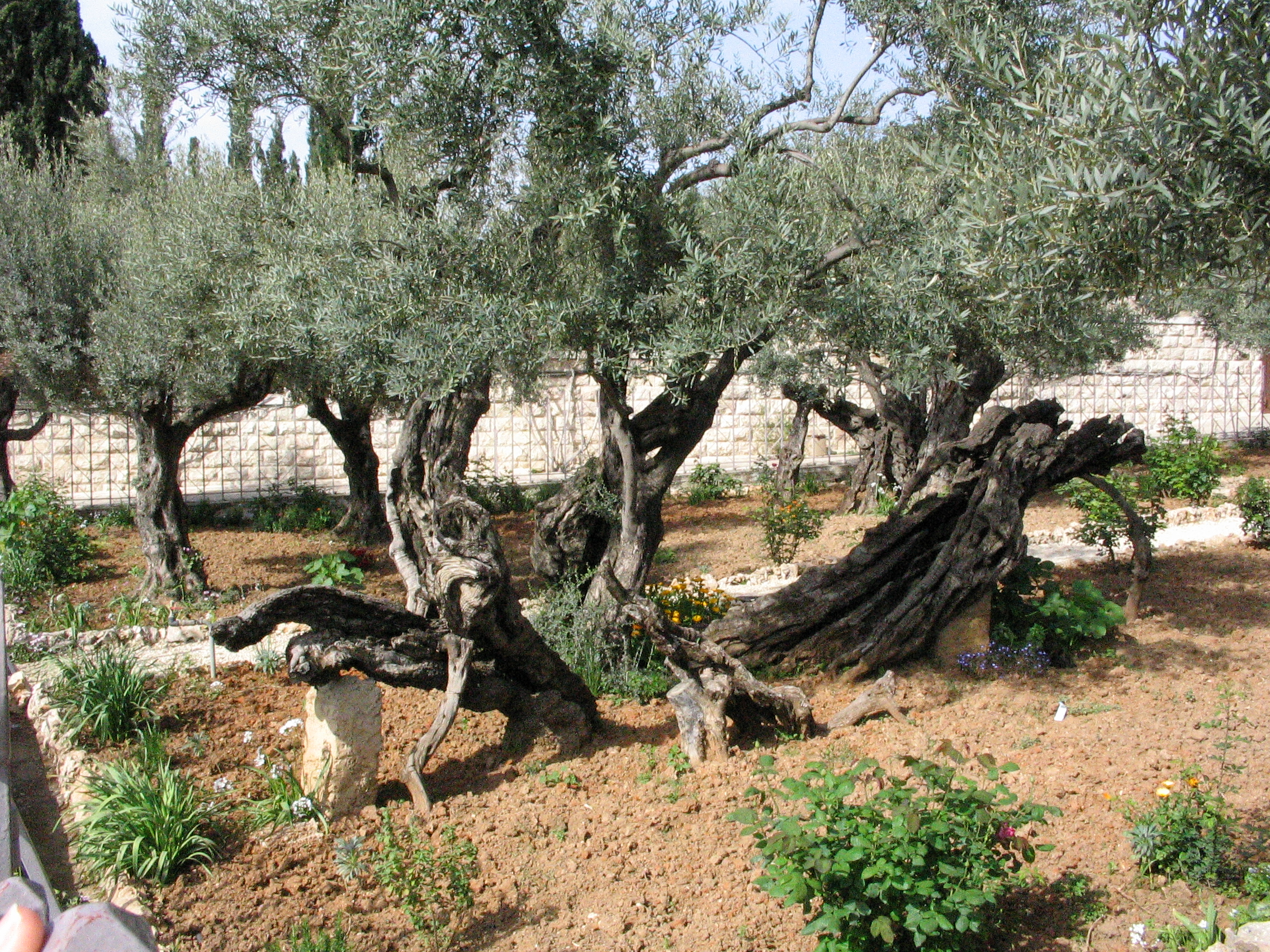The above image, courtesy of Gary Asperschlager, shows olive trees growing near the Church of All Nations on the Mount of Olives. Revised: 19-Apr-13How did a Jew in Jesus’ time announce that he was the Messiah? One accomplished this by applying to himself words or phrases from Scripture that were interpreted by members of his community to be references to the coming Messiah. Being interpretations rather than direct references, such messianic allusions are extremely subtle, and easily missed by modern readers of ancient Jewish literature. Claimants certainly did not reveal themselves by simply declaring, “I am the Messiah,”Even today a Jew who believes he is the Messiah never says, “I am the Messiah,” but rather, a messianic pretender refers to himself using words or phrases from scripture texts that have been interpreted messianically.
“Prophets and Kings”: The Evangelist Luke’s Curious Doublet

Revised: 02-Jul-2013
Luke’s use of “kings” (Luke 10:24) opposite Matthew’s parallel “righteous persons” (Matt. 13:17) creates a conundrum. Assuming that a Hebrew text lies underneath the Greek text of Luke 10:24 may allow us to arrive at a satisfactory solution to the problem.
In a beautiful statement that probably referred to the Kingdom of Heaven, Jesus proclaimed to his disciples, according to Luke, that “many prophets and kings” desired to see and hear what they (his disciples) are seeing and hearing. Matthew preserves the same saying, but in Matthew’s account the doublet is, “prophets and righteous persons.”The saying appears only twice in the Gospels (Matt. 13:16-17; Luke 10:23-24).

